Free Carbon Neutral Shipping On Orders $75+, Plus Free Samples!
Buy Now and Pay Later in 4-interest free installments with Klarna
Free Carbon Neutral Shipping On Orders $75+, Plus Free Samples!
Buy Now and Pay Later in 4-interest free installments with Klarna
Rendre la beauté durable
We Are Circular
Ajouter une description, des images et des liens au méga menu
Une colonne sans paramètres peut être utilisée pour créer un espace.
Lien vers vos collections, vos ventes et même des liens externes.
Tried & True Favorites to Protect Your Salon Color
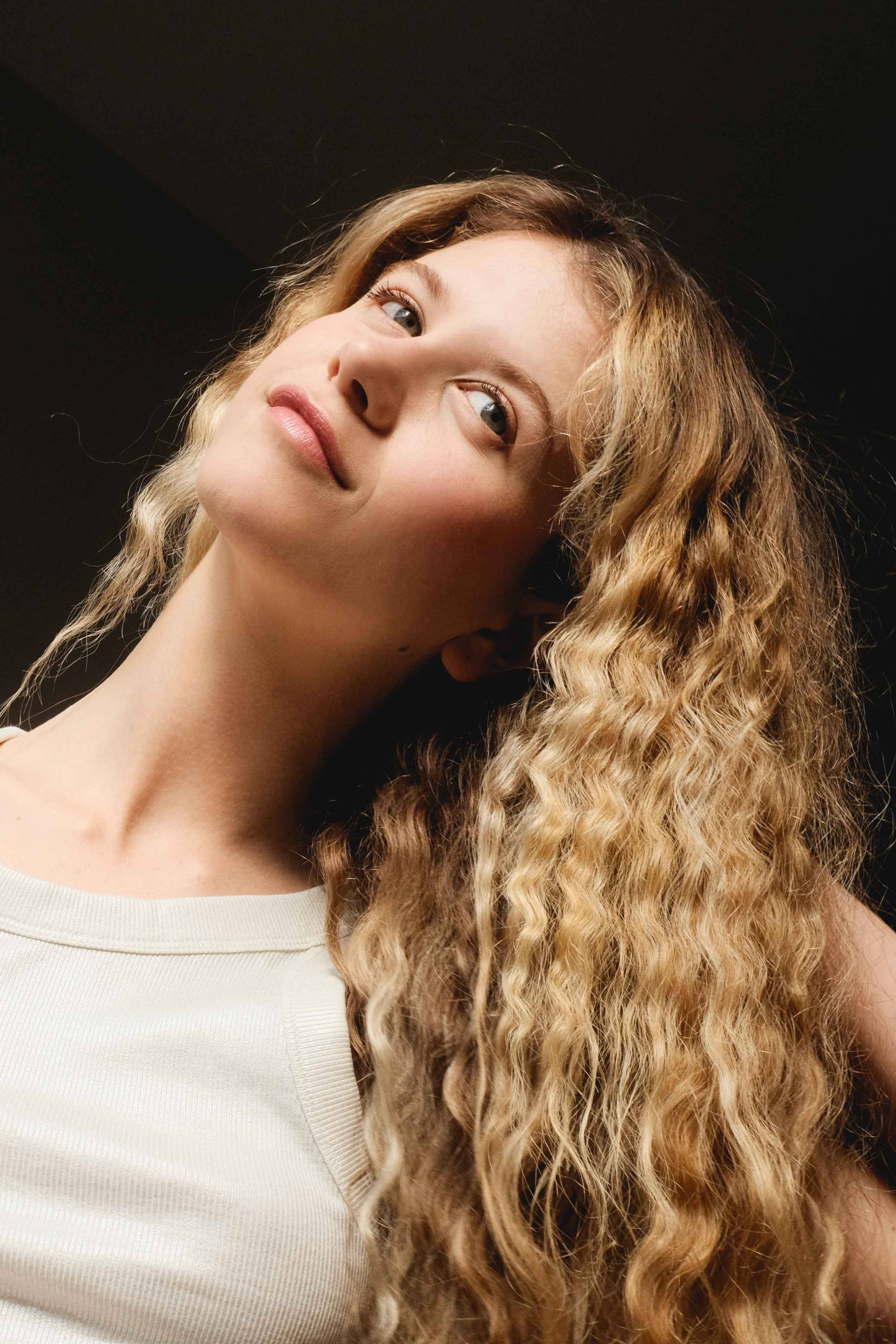
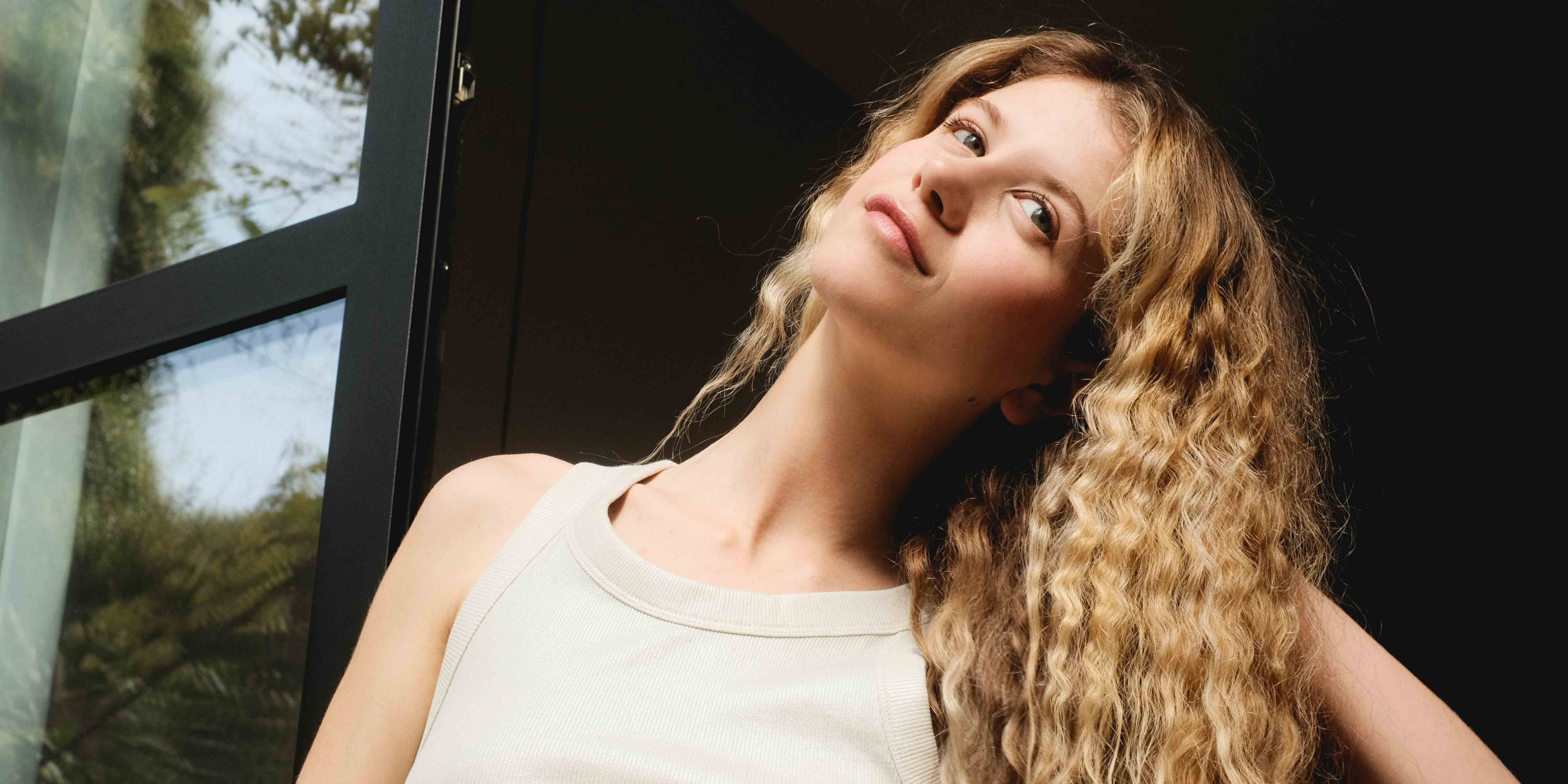
How often to shampoo, what to eat for nourished skin and happy hair, plus more tips.
No matter how much time, energy, and money you put into pampering your face, it's probably safe to say you don't give nearly as much attention to your scalp. A healthy scalp is the secret to hair growth, softness, volume, and density, yet its often neglected, despite being made of some of the most delicate, vulnerable skin on our bodies. The skin that covers our crown is responsible for over 100,000 hair follicles — without the proper care and nourishment, it can't maintain the microbiome needed for hair to thrive.
Read on to find out how hygiene, nutrition, and lifestyle impact scalp health, and how to get your scalp into tip-top shape for healthy, abundant locks.
It's important to understand your scalp if you want to properly care for it. For starters, the word "scalp" is a mnemonic for the five layers that form it: the skin, connective tissue, aponeurosis, loose areolar tissue, and pericranium. Hair usually develops in the second layer, the connective tissue.
That's your basic scalp anatomy across the board; but just because we all have the same makeup doesn't mean we all have the same type of scalp. Many of us suffer from scalp sensitivity that causes itchiness or irritation. Maybe you consider your scalp "normal" but it errs on the side of dry or oily. Visit a Davines professional to find out exactly which of these describes your scalp.
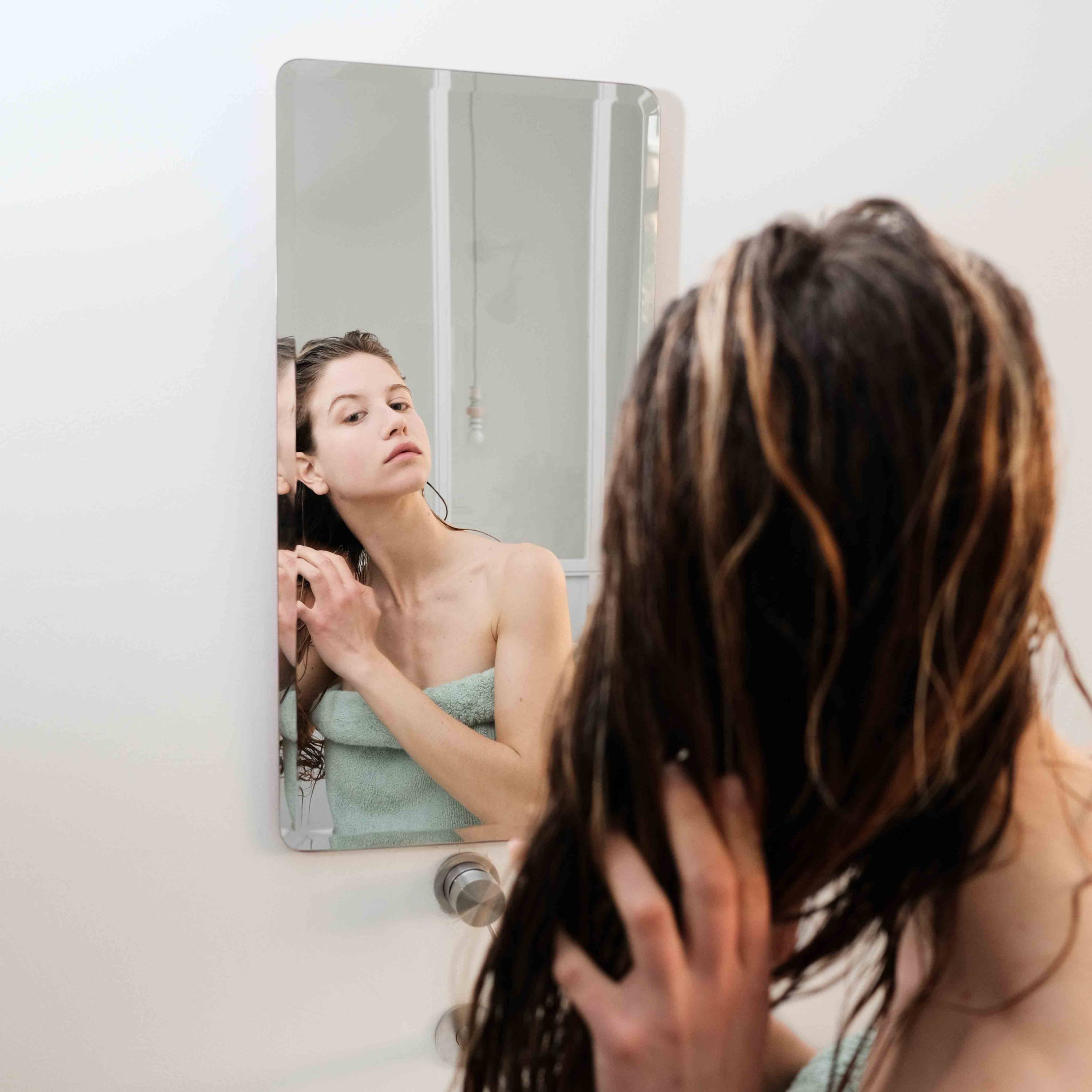
Indications you might have a dry scalp include itchiness and flaking, although the flaking from a dry scalp is not always the same as dandruff, a condition that can plague just about any scalp type. Dryness can be caused or exacerbated by climate and aging. People with dry scalps can go a week, sometimes longer, without shampooing.
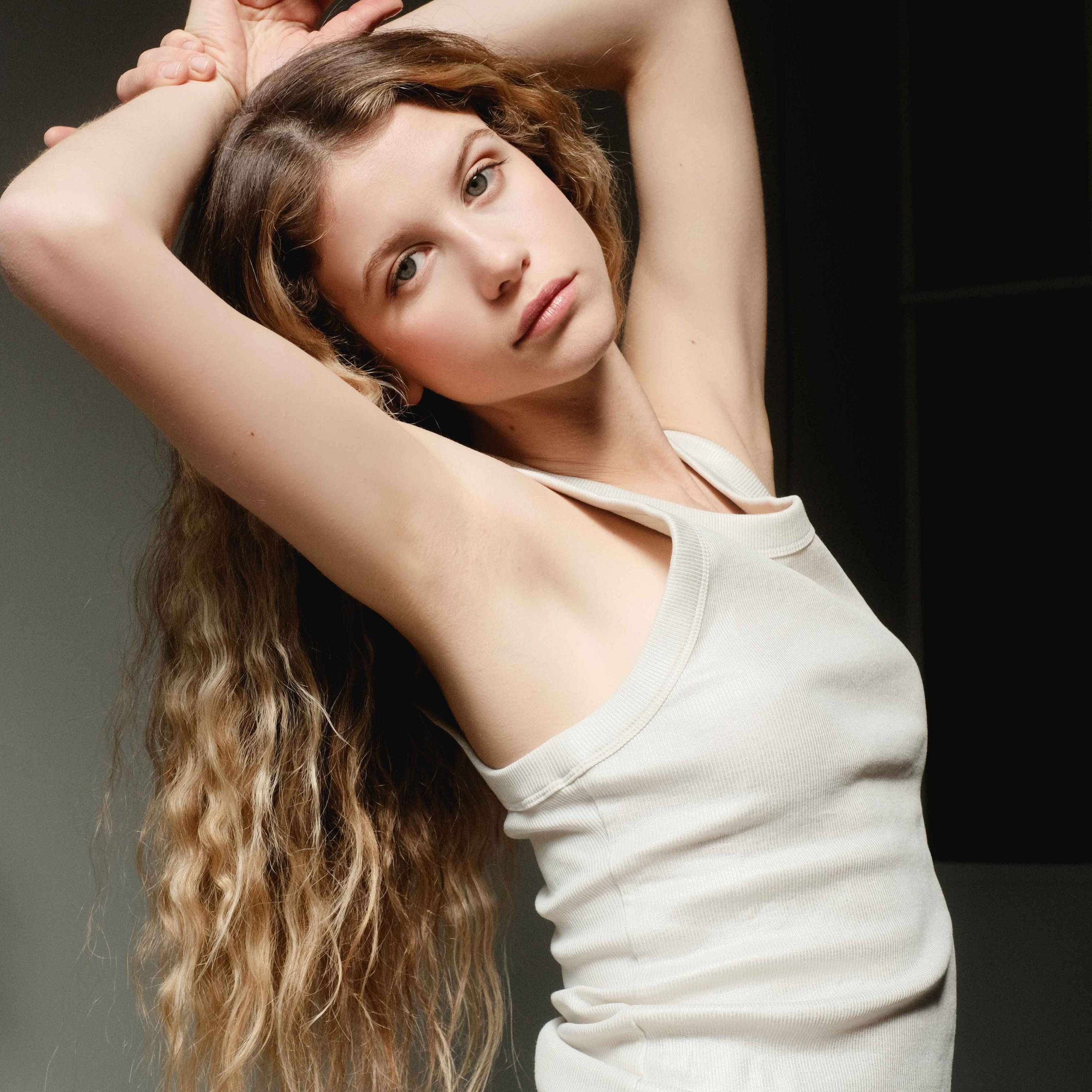
The healthiest type of scalp is a balanced scalp, which means it produces just enough sebum and doesn't cause you any problems. Not everyone is born with a balanced scalp, but it's certainly what most of us strive for.
Sensitive scalps react easily to external stimuli like the weather, water quality, and products. Such reactions might include itchiness, burning, flaking, stinging, dryness, inflammation, a feeling of tightness, and general irritation. Medical conditions like dermatitis, psoriasis, and eczema can cause a sensitive scalp, and scalp sensitivity can lead to headaches.
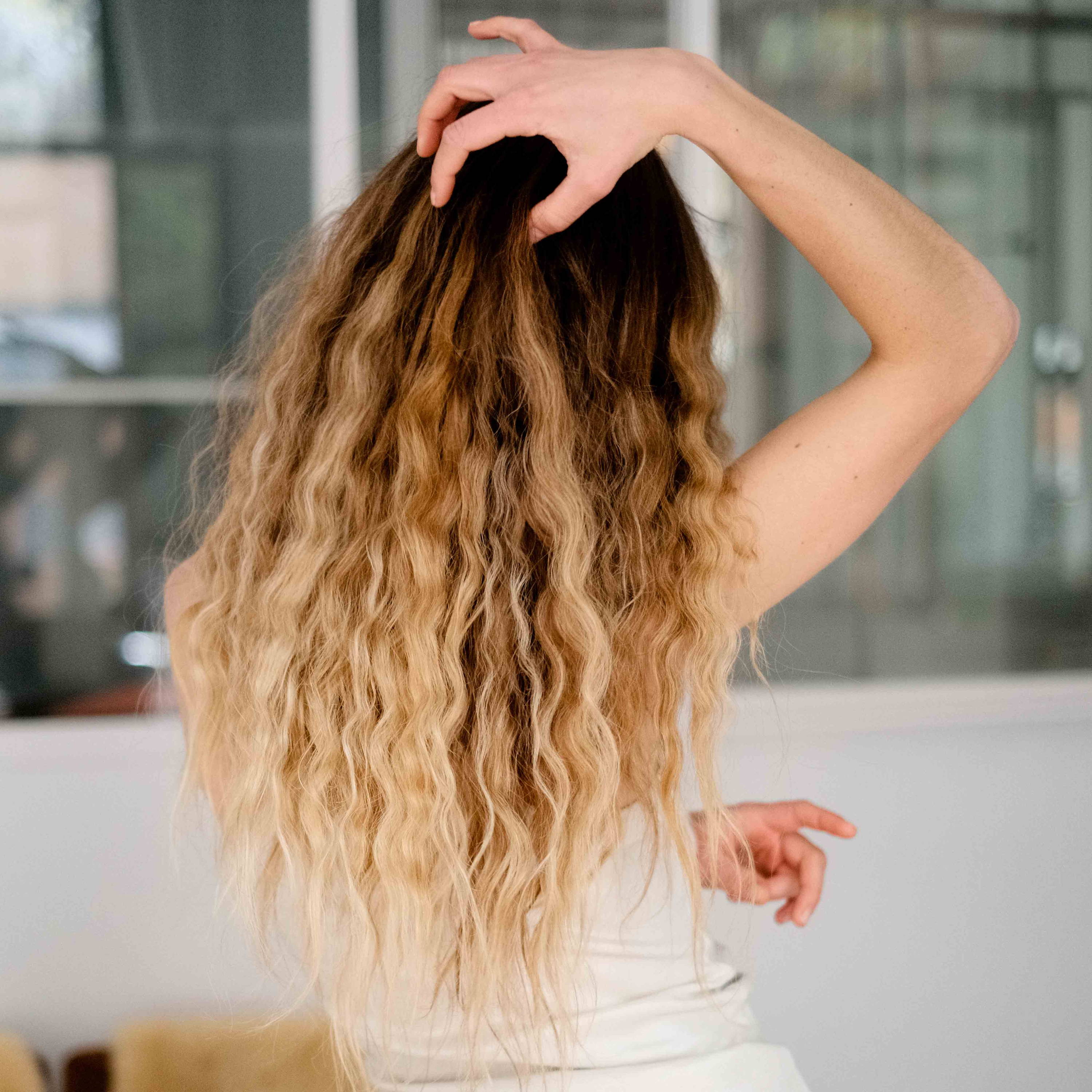
People with a combination scalp experience oily roots and dry ends. The sebum produced by the scalp tends to sit on the skin instead of traveling down the hair shaft, as it would if balanced. Less commonly, people with combination scalps might experience dry roots and oily ends. In addition to genetics, climate and lifestyle habits can create this tricky scalp type.
If you can't go more than a day without accumulating grease on your roots, you likely have an oily scalp. You might notice the hair clumping together, and if you blot your scalp with a piece of tissue paper, it will leave a wet patch. Oily scalps can be caused by product buildup or just a natural overproduction of sebum.

Hair loss can be a sign of a medical condition, such as alopecia and psoriasis, or an indication that your body is stressed or malnourished. Thinning can take place evenly all over the scalp or occur as bald spots. Certain fungal infections can also cause hair loss, or even specific times of the season can trigger it. If you're losing hair, your scalp is likely in need of some remediation.
If you've managed to achieve the ideal scalp balance — not too oily, not too dry, never irritating or itchy — you must be doing something right. If not, rather, consider it time to change up the routine for better results. Here are our tips for achieving and maintaining a healthy scalp.
A balanced scalp should be washed every three or four days, but you might have to shampoo more or less frequently if you suffer from excessive oil (wash up to once a day) or dryness (wash once a week). Regardless, it's important to get the scalp thoroughly clean on wash days to prevent product buildup, which could become the source of your problems. In addition to your everyday shampoo, you should also incorporate scrubs and regular detoxes into your care regimen.
There's a laundry list of ingredients to avoid if you want to maintain a healthy scalp. Harsh chemicals like sulfates (used to boost lather), phthalates (for getting fragrance to stick to strands), can stick to the skin and cause irritation. Look for hair care made with real, natural ingredients instead. Davines sources many of its ingredients from sustainable farms around Italy.
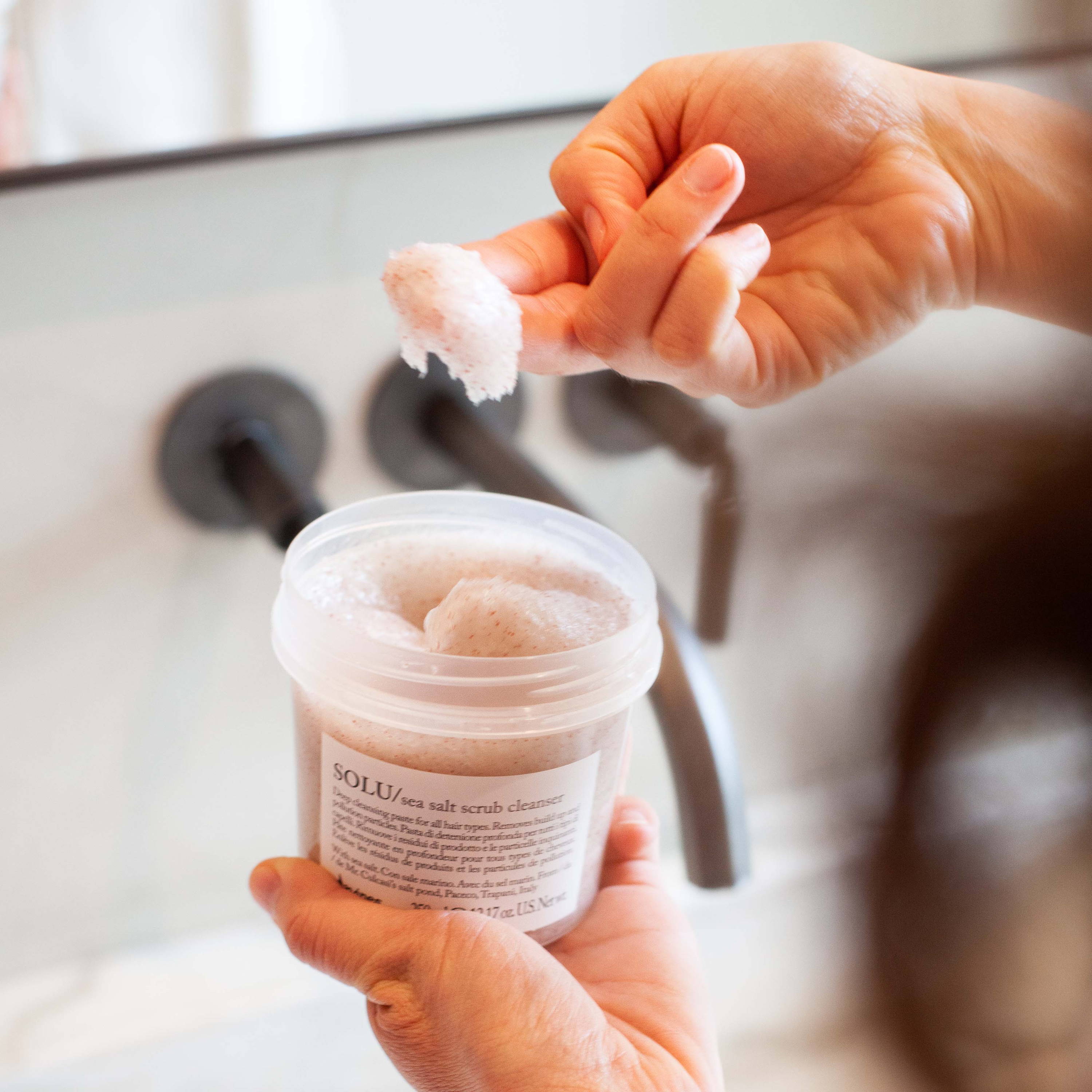
Massaging the scalp has a few benefits: It can help lift dead skin cells and product buildup off the scalp, allowing it to breathe, and also improve circulation. Increased blood flow to the scalp stimulates nerve endings and nourishes the follicles to promote hair growth. General stress relief is an added benefit. To massage your scalp with your fingers, apply light to medium pressure and work your way across the area going in small circles. You can do this technique dry or with conditioner in the shower. You can also employ a rubber massage tool or brush, mimicking the fingertip technique again with small circles.
A balanced diet packed with vitamins and minerals is essential for skin and hair health. For example, nuts and oils rich in fatty acids can improve cell function and make your strands shine while vegetables high in beta-carotene (think carrots and sweet potatoes) help the scalp retain moisture.
Always, always protect your scalp with a hat, a scarf, and/or SPF when you're in the sun. The skin on your head is very delicate and susceptible to sun damage — melanoma, even — so be sure to shield it physically or apply sunscreen, no matter how uncomfortable.
Drinking water keeps the skin hydrated, and that goes for the skin on your head just the same. Dryness, itchiness, and flakiness could be signs that you're dehydrated. How much water you should drink a day depends on your lifestyle and weight, but ranges from about 2.5 to four liters.
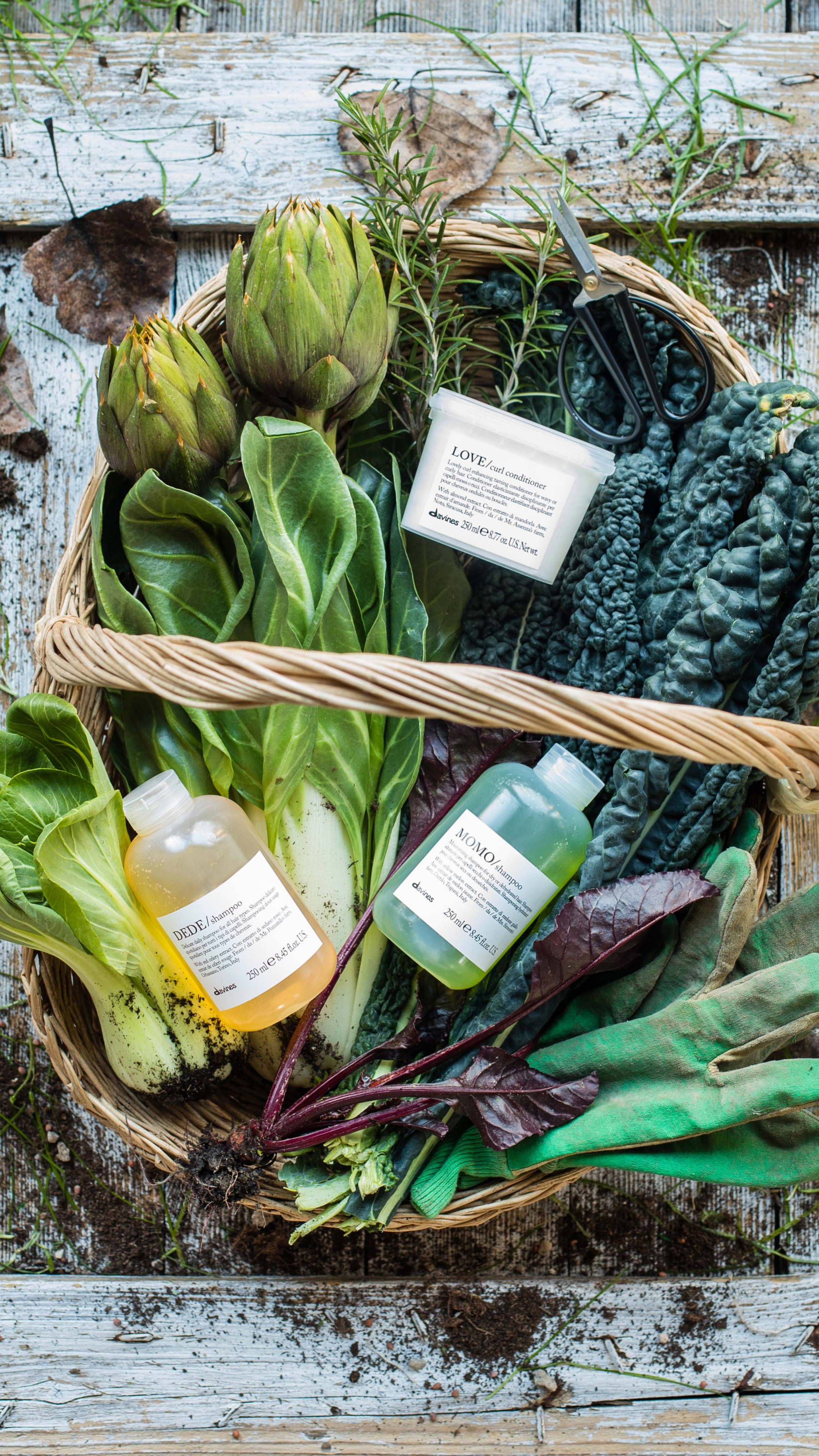
Remember what they always say: Beauty comes from the inside. You can go ahead and take that in literal terms when deciding what to eat and drink to promote scalp health. Indeed, nutrition and lifestyle habits can significantly impact the hair and scalp, for better or worse, so here are some dietary boosts we recommend.
Now that you know what to do to improve scalp health, it's time to put the words into action. Fill your water bottle, pencil in a yoga class, plan a nourishing dinner, purge your hair care routine of harsh chemicals, and treat it to a good massage the next time you take a shower. If you still experience excessive dryness, oiliness, or irritation after making changes to your lifestyle, it might be time to see a dermatologist or trichologist.
Read more!
S’abonner pour rester à l’affut des ventes et promotions, les lancements de nouveaux produits et bien plus…
Abonnez-vous à notre newsletter pour bénificier de la livraison gratuite sur votre première commande.
La soumission de ce formulaire confirme que vous acceptez de recevoir les avis de lancement, les promotions et les nouvelles marketing de Davines North America Inc. par courriel.



Laisser un commentaire
Les commentaires sont approuvés avant leur publication.